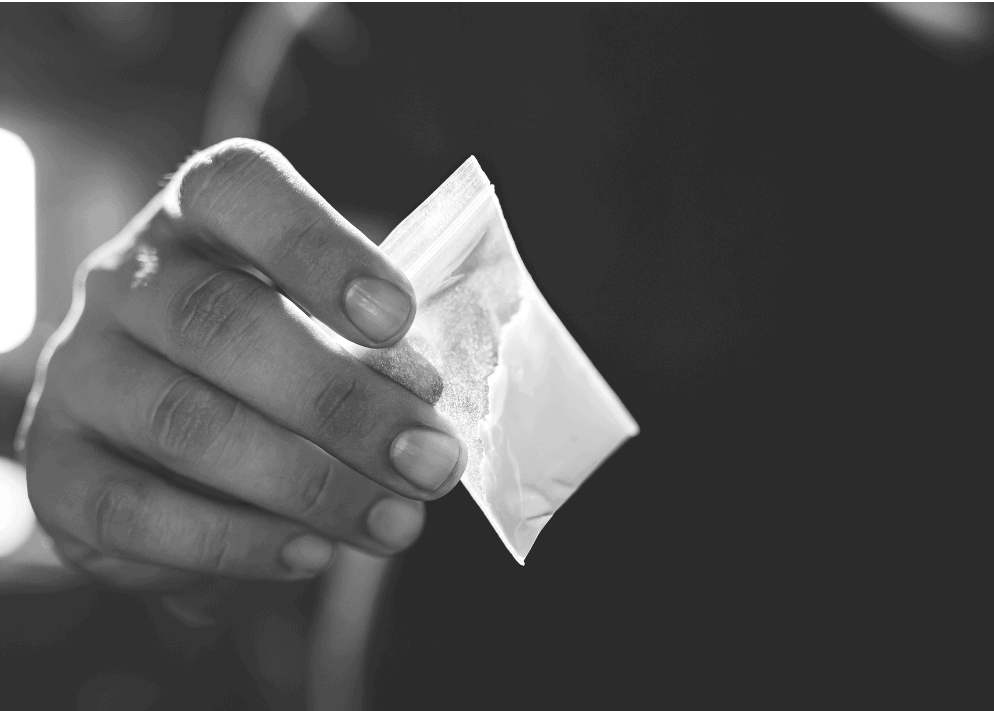Overdose occurs when an individual ingests a dangerously high amount of a substance which then causes severe side effects and possibly death. Most addictive substances carry the risk of overdose when abused. Some of the more potent substances have a higher likelihood of causing overdose. If you or a loved one is struggling with addiction, it is important to know the dangers of abuse, the symptoms of overdose, and what to do if someone has overdosed.
Dangers of Cocaine Use
Cocaine is a highly addictive amphetamine drug. While cocaine abuse harms various organs, the heart remains the most vulnerable to damage incurred by prolonged use. As a stimulant, cocaine aggressively increases an individual’s heart rate and blood pressure, leading to an increase in oxygen demand which strains the heart. In a study conducted by the American Heart Association, stimulant drug use (96% cocaine, 5% methamphetamine) was self-reported in 594 of 11,258 patients who were treated for heart failure across 83 hospitals. They also state that patients with stimulant drug use were more likely to experience three or more hospitalizations within a 6-month timeframe.
Can You Overdose on Cocaine?
Yes, an individual can easily overdose on cocaine. Data collected by the Centers for Disease Control and Prevention states drug overdose deaths involving cocaine increased by more than 34% In 2017, with almost 14,000 Americans dying from an overdose involving cocaine. Cocaine greatly affects the cardiovascular system, putting stress on the heart. Both long-time users and new users can experience a fatal overdose.
Symptoms of Cocaine Overdose
There are warning signs to look for if it is suspected that you or someone close is experiencing a cocaine overdose. The signs include:
- Rapid heart rate
- Profuse sweating
- Chest pain
- Nausea
- Vomiting
- Anxiety
- Rise in body temperature
- Tremors
- Seizure
- Heart attack
What To Do in The Event of a Cocaine Overdose
If you or someone near you is experiencing a cocaine overdose, you must call 911 right away. While you wait for medical assistance, apply a cold compress to help reduce body temperature. If the individual is having a seizure, keep them away from any surrounding objects. If they are still conscious, try to keep them calm and help them to practice deep, stable breathing.
Once on the scene, medical professionals may administer a number of medications to help curb side effects. The individual will then be taken to a nearby hospital for treatment and observation. In the event that a person survives a cocaine overdose, it is extremely important that they seek professional addiction treatment.
If a cocaine overdose occurs, it is likely that it will happen again if the abuse is left untreated.
Let Us Help
Cocaine is a dangerous and highly addictive stimulant that inflicts long-term damage on the body and has the potential to cause overdose fatality when abused. If you or a loved one is struggling with cocaine addiction, we are here to help.
Addiction is a devastating disease and you do not have to fight it alone. The founders of Asheville Recovery Center, as well as many of our addiction therapists, have struggled with addiction and now enjoy life in recovery. They understand the struggles of addiction and how difficult it is to overcome on your own.
At Asheville Recovery Center, treatment specialists have developed a unique, hybrid model of treatment which combines a traditional 12-step program with holistic rehabilitation. A multitude of services, programs, and therapies are offered, including the Partial Hospitalization Program, Residential-style treatment, outpatient rehabilitation, and more.
If you feel that you or a loved one is struggling with substance abuse, our specialists are on standby and ready to help. Call (828) 518-6996 and speak with an addiction expert today so you can take the first step towards a rewarding life of sobriety.









